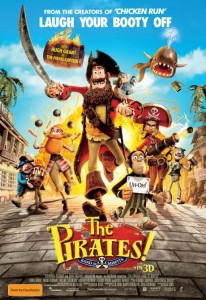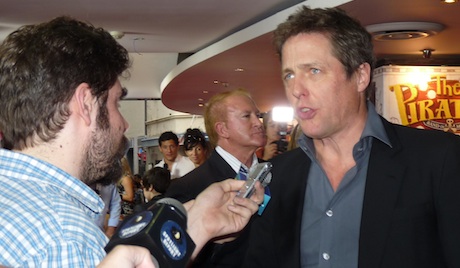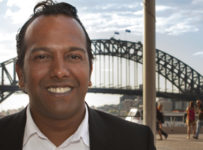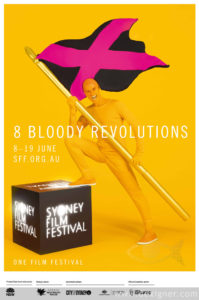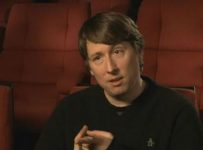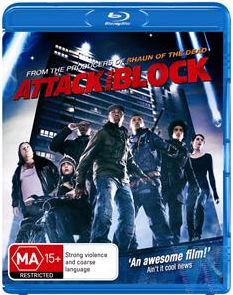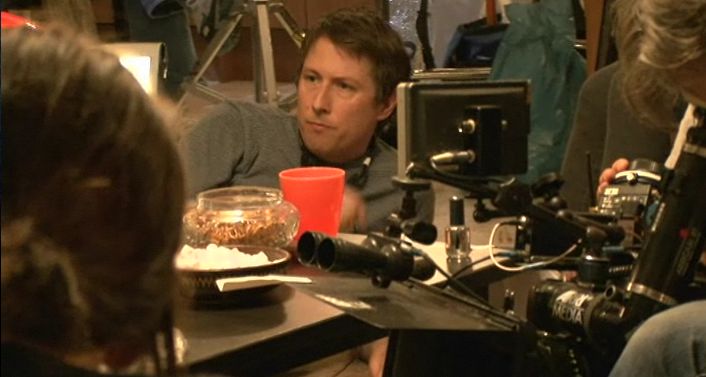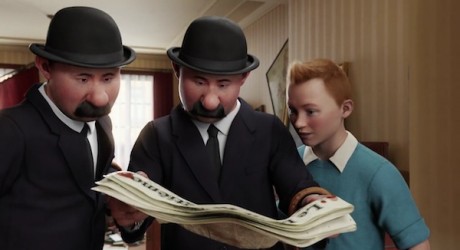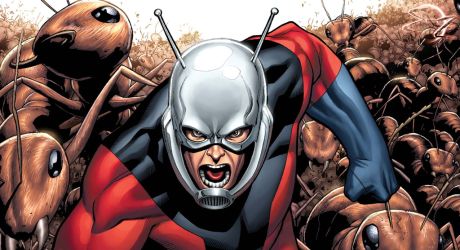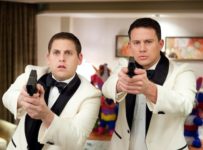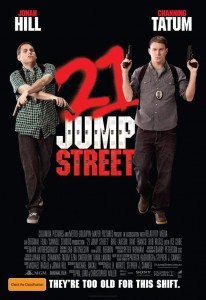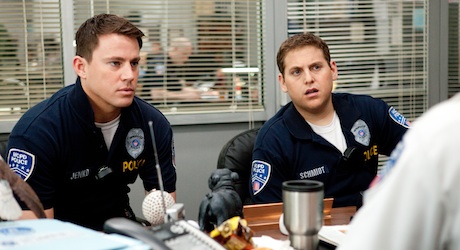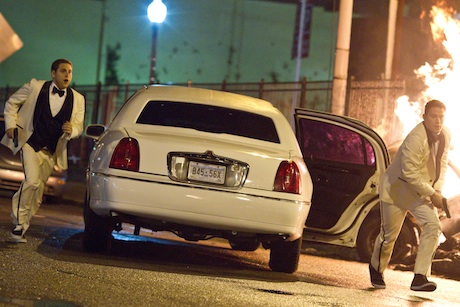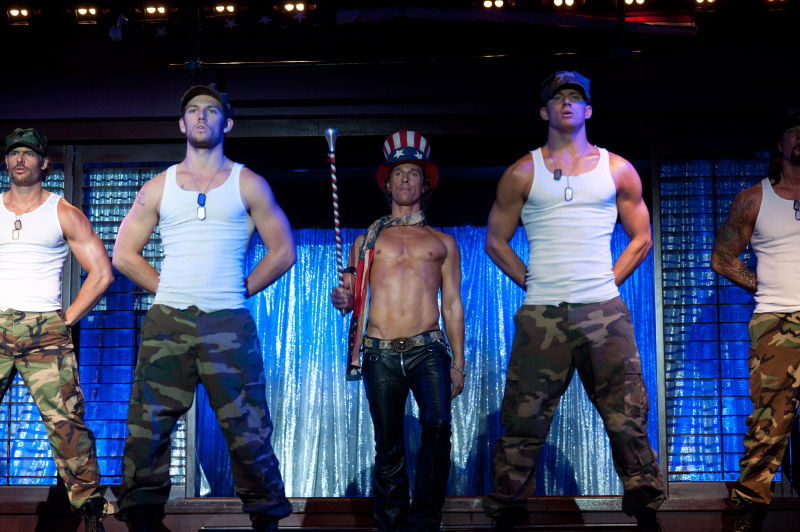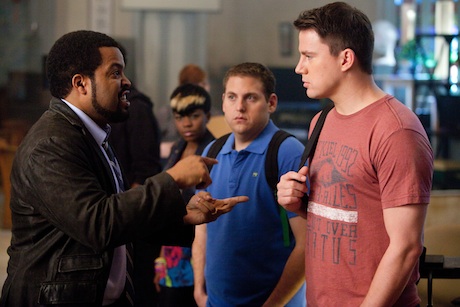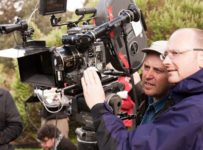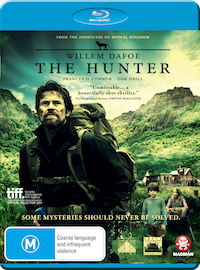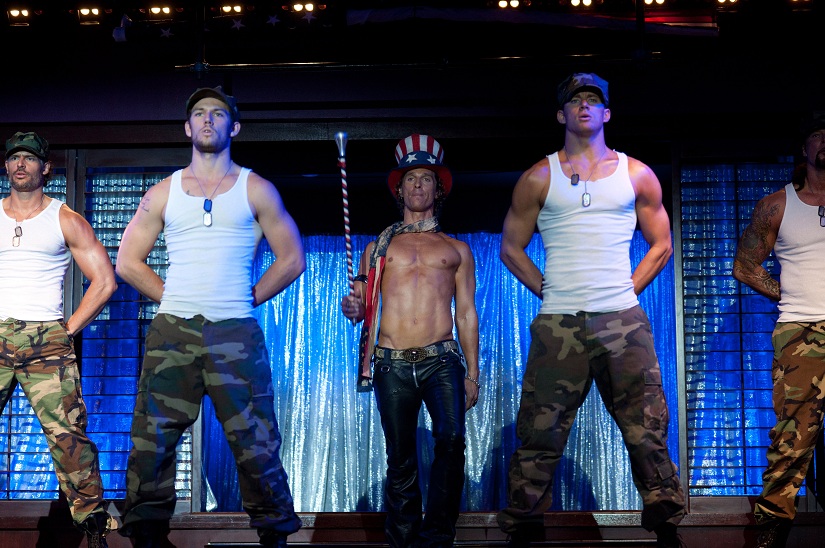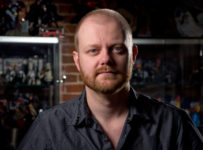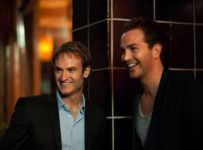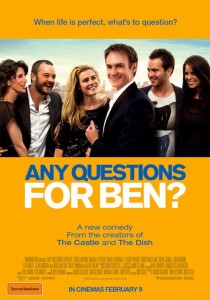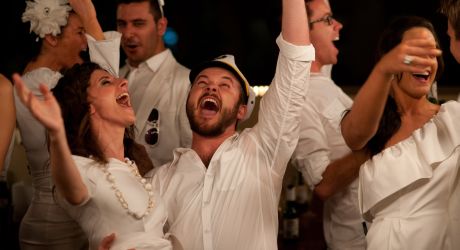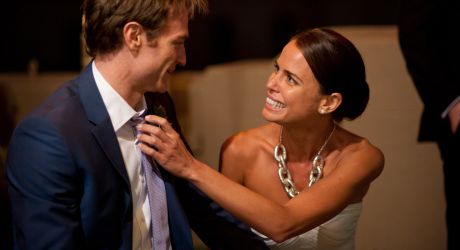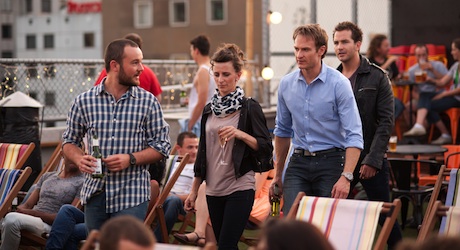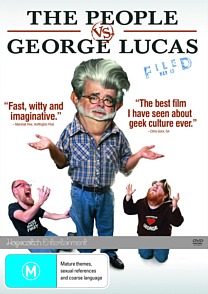 The original Star Wars films are undoubtedly some of the most famous pieces of cinemas on the planet, but thanks to a myriad of changes by creator George Lucas, they remain some of the only films of their kind where the original theatrical version is not available commercially in a restored digital format. This, along with lacklustre sequels and a seeming ignorance of fan pleas, has made Lucas one of the most loved and simultaneously reviled filmmakers of the last thirty years.
The original Star Wars films are undoubtedly some of the most famous pieces of cinemas on the planet, but thanks to a myriad of changes by creator George Lucas, they remain some of the only films of their kind where the original theatrical version is not available commercially in a restored digital format. This, along with lacklustre sequels and a seeming ignorance of fan pleas, has made Lucas one of the most loved and simultaneously reviled filmmakers of the last thirty years.
Yet the love/hate relationship the same fans have with the creator is a unique one, and a phenomenon that documentarian and unabashed Star Wars fan Alexandre Philippe found impossible to ignore. In The People VS George Lucas, Philippe uses a courtroom motif to offer up fan “evidence” of this duel of the fates, ultimately showing that for every criticism, there are a hundred fan films, books, artworks and tributes waiting to happen.
We were lucky to speak with Alexandre on the Australian DVD release of his film, where he spoke about his motivations, the contradiction that is George Lucas and Paul the Psychic Octopus.
We need to thank Hopscotch Entertainment for the change to talk to Alexandre, and of course, Mr. Philippe for his generous time and answers.
The People VS George Lucas is available on DVD in Australia from 23 February 2012 from Hopscotch Entertainment.
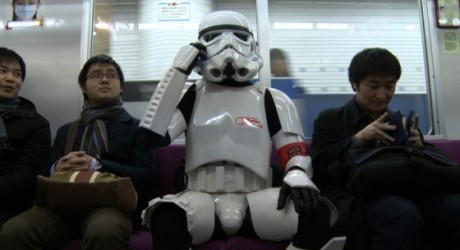
Fantastic film, Alexandre. I really enjoyed it.
Thank you.
Please keep in mind that anything I say about Star Wars fans, I am sitting underneath a giant Star Wars poster and drinking from a Star Wars cup.
Excellent.
I should ask you straight up then. You’ve probably been asked this before, but what was your motivation in making this film?
Well, you know, there’s kind of a few sides to me. Obviously, I’m a Star Wars fan, I was raised on Star Wars. Clearly, I think it’s obvious in the film that it had a huge impact on me when I was a child. Also, I’m a documentary filmmaker with a particular interest in pop culture, and I’m always in tune with what’s happening in pop culture. Certainly the love/hate relationship that fans have had with George is something that’s been going on for a long time, and something that has really fascinated me for a long time. It became obvious to me [Laughs] very quickly, well several years ago now, that something needed to be done, that a film needed to be done about this. It was really important to look at this pop culture phenomenon for what it is and it’s truly unique. There’s really no dynamic, I think, in pop culture between a creator and his fans similarly to the one that exists between George and his fans. So it was really that curiosity that pushed me to make this film.
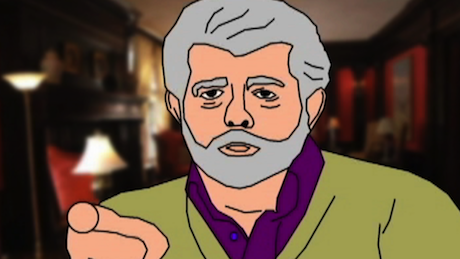
And you chose to do that from the perspective of the fans, did you approach LucasFilm representatives to start with?
Oh, absolutely. The thing you have to understand is, when you make film with the title The People Vs George Lucas… [laughs]. On the one hand, it was the best thing for us because it created instant awareness and publicity, and we’ve had really constant coverage on the film since 2007, so it’s been really great on that level. On the other hand, there was a lot of fear about it, especially coming from the industry and especially the LucasFilm camp. Obviously they don’t know us, and you may tell people you are making an objective documentary, but there is still the fear that the film is going to be Lucas bashing, that it’s going to be against George. So in fact LucasFilm were the very first people that we contacted. When we launched our website, my first email was to them. I just told them we were making this film, I told them it was a documentary, I said look, it’s not an attack on George. I really want to look at this cultural phenomenon and invited them to participate. They respectfully declined [Laughs]. There are a lot of people who declined as a result, but getting [American Graffiti, Star Wars and The Empire Strikes Back producer] Gary Kurtz was a big catch for us, very important to us because it opened the door to a number of other ones as well.
You’re obviously a fan, so did your view of George Lucas change over the course of the film?
My opinion of him? You know, it changes every day. Obviously I have a tremendous amount of respect and admiration for what he’s done. I think it would be foolish not to, you know. He’s really changed film, he’s really changed the industry, he’s brought a lot of fun to our lives – of course, he’s brought a lot of frustration as well. But I think, the thing is, that has really changed to me, is how much of a mystery he remains. The stuff that he’s done, post release of The People Vs George Lucas is – you just want to scratch your head. Now he’s talking about the fact that he’s retiring from Star Wars because he’s sick and tired of hearing the fans complaining about him, and what he’s done, and just two days ago there’s this article in The Hollywood Reporter…
Yes. I was going to ask you about that…
…yeah, where he claims that Greedo always shot first, right? I mean it’s like you want to say “George, are you serious? Are you kidding me?” What is he playing at? This is what I feel, that the whole thing is just a big joke to him. Where this love/hate relationship has spiralled so out of control that he is just taking it to a level of absurd that you can’t possibly take him seriously anymore. Either that or he’s completely lost his mind. I mean, these are the only two possible ways to look at it. I don’t know, it’s really difficult to understand George. I’ve had a lot of conversations with Dale Pollock, his biographer, who has spend more time interviewing him one-on-one than anybody, and I think he’s also really baffled by him, and I think this notion of control that is really important in my film – and again I’ve had a lot of conversations with Dale about this – is that George is all about control. They all told me that even if your film is a positive account of George, even if it shows him in a good light, he’s not going to like the fact that this film is out of his control. That’s why George tries to stop the publication of Skywalking. I don’t know if you’ve read the book, it’s crazy because it’s such a positive account of his life. So at the end of the day, he just baffles me and I think, it’s cool, you know. It’s something that I spend four years of my life just really studying the guy, you know, and it just shows how complex of a character he is when there’s just so many unanswered questions.
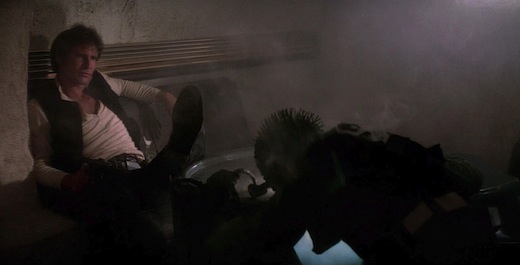
This is the thing. He does seem very confusing. As you said, this week he just came out and made another comment about Greedo shooting first. This seems deliberately antagonistic given he’s already said he doesn’t want anything to do with Star Wars anymore, but also that he’s just re-released the films in 3D.
[Laughs] Yeah, the whole thing is a contradiction and its funny because he’s like well,”I don’t care anymore” but at the same time he likes to just poke the fans. Like I said, I somehow don’t think you can take what he’s saying that seriously anymore, because it seems to be getting more and more outlandish. Even the changes that he made to the Blu-ray version of the Special Edition. It gets more and more nitpicky and plain weird. The stuff like adding rocks in front of R2-D2 in the original Star Wars. I mean, we’re so far removed from that notion of original vision.
Was his original vision to have those rocks there, but he couldn’t achieve that technology in 1977?
[Laughs] Yeah, or he says he couldn’t make the Ewoks blink back in 1982, well of course he could! It seems that he’s just doing that kind of stuff to make the fans talk, and clearly its working because it was the best-selling Blu-ray out there. When you turn it on the fans too, they bitch about it: if you go to Amazon, the Blu-ray box-set has a 2 or 2½ star rating. You’re talking about people who love Star Wars. They give it a 2-star rating, then they put it in their basket.
It comes out in your documentary, and again – bearing in mind that I am a huge fan myself – do you think that fans are their own worst enemy?
Oh, there’s no doubt about it. I think for everything that George has done that may be irritating the fans you…can certainly understand why George would be so frustrated by his fans, because it has become a religion of sorts, and I think that’s why they’re taking them so seriously. On the one hand, Star Wars is just a movie, there’s no doubt about it, and you want to tell the fans get over it. I tell myself all the time ‘Get over it’. On the other hand, it’s so much more than just a movie, and George’s refusal to restore and release the original films that are critically important to the history of cinema is a travesty and it’s a huge issue. If you forget about being a Star Wars fan, if you care about film history, if you care about film preservation, and if you think that film is important to our culture, it’s a huge issue. And George knows it, he knows better than this. That’s the one thing that really irritates me.
You bring it up in the film as well, about Star Wars being added to the National Film Registry, and it seemingly like a complete contradiction on his part, that he’s famously spoken against the tampering with other films but he’s quite happy to do that with his own. I suppose the line he’s drawn in the sand is ‘This is my film, and I can do what I want with it’.
You know, just to say one quick thing about this too. I don’t think that there’s a single fan out there who doesn’t agree with that. Yes, it is his film, yes he can do what he wants. He can make as many versions as he wants, that’s fine. But I think to deliberately make the effort to make those original cuts disappear, that’s the problematic, that’s the issue right there. Let’s not forget that The Empire Strikes Back and Return of the Jedi were not directed by George Lucas. It’s just a power trip.
There’s little special special effects that people would have worked very hard on in 1977 that would have completely disappeared now.
Oscar-winning special effects. Let’s not forget that!
Absolutely. Obviously you are talking to fans, these are people that are huge fans of the trilogy and two things come out of that: first of all, did you ever consider looking at people who just hated the Star Wars films?
Yeah, I’ve actually talked to a few. In fact, there is one of them in the film, her name is Wendy Ide, she’s a critic in the UK [at The Times]. I think to me, the whole thing is about the love/hate relationship people have with the film, and those conflicting emotions that people have. If you just plain hate the Star Wars movies, to me it has a completely different resonance. To me the film is about people who love it so much that they hate it. It’s a different kind of people I think.

Another thing I thought was kind of interesting, and I haven’t had a chance to see it as it hasn’t been released in Australia, is Red Tails, which has just come out in the US. Now, have you had a chance to see this film?
I have not. Sadly, I just keep procrastinating. I just don’t really feel like it. The reviews have not been very good, eventually I’ll get around to it, but no.
This is a film he’s obviously not directed but he claims has been a passion project for years. Do you ever wonder if it has been a passion project for so long, why is he still tampering with films he made thirty years.
That’s the thing…There’s been a pile of scripts on his desk for decades now, of projects that are passion projects that he’s wanted to make, and I think that’s kind of a sad thing that you feel in some way that George has collapsed under the weight of Star Wars. How can any of us comprehend what it’s like to have created something like Star Wars. The weight of it and the responsibility that comes with it. I really hope, I really hope, now that George has said I’m going to stop with Star Wars that he’s going to make those experimental films he’s said for decades now that he was going to make. Even if he fails, even if they’re terrible films, even if people hate those films, I think he should go and make the films that he really wants to make and that’s his prerogative.
I really hope he does make those films. There was talk that he was going to give up on the film industry completely, or he’s going to walk away from Star Wars. Do you believe that?
Again, that’s what he says, but can you trust what George is saying anymore? I don’t know. He told us many years ago he was going to make those experimental films, he hasn’t done that. We were told about Episodes VII, VIII and IX and he hasn’t done that. There’s so many things. I can’t imagine that he’s going to completely stop. I hope he doesn’t, but in the grand scheme of things, if he stops now, his legacy is safe. Just for any filmmaker to do, even if he had only made Star Wars, even if he had only made American Graffiti. People don’t understand how difficult it is to make a film in the first place, and to make a film that resonates with so many people is extraordinary. So I think he should be really proud of what he’s accomplished, and yet there’s a bitterness. It’s so sad! Sometimes you just wonder if he realises how great he has been, and how much he has impacted people in a positive way. There’s no reason to be bitter about that.
One final question, and I’m sure you’ve been asked this before: if you could talk to George Lucas, and ask him one question, what would you ask him?
I think, well assuming I could get the truth from him, assuming I could give him a truth serum, the one thing I’m dying to know the truth about is precisely why is he still refusing to this day to restore the original cuts of the original Star Wars Trilogy. Because we’ve been told so many things. The last excuse is that it costs too much money, and you just want to laugh! I mean, look, all it takes – if he’s so concerned about money, which if you’ve got tens of billions of dollars it’s a huge concern for you – if you’re so concerned about money, all it takes is one phone call to the Criterion Collection. ‘Hey guys, I don’t want to restore this film: you take it, you roll with it, we’ll get a royalty’. Can you imagine what a huge release that would be? So clearly it’s not the truth. The truth is he is stubbornly refusing to do that. For what reason, I really don’t know, and I wish he would tell us the truth.
Absolutely. Or he could crowd-source the restoration.
[Laughs] You know the thing is, I’ve heard through the grapevine that there are fans out there who got their hands on a pristine print, and who are going to do it themselves. So that’s the thing about our culture today: if George is not going to do it, the fans are going to make sure it happens.
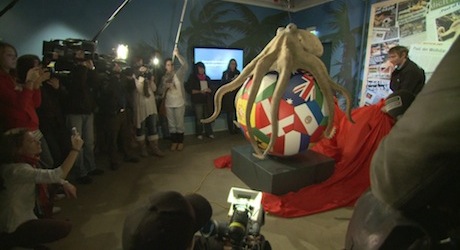
For you then, what’s your next project?
In fact it’s almost finished now. We’re looking at a May world premiere about Paul the Psychic Octopus. From the Soccer World Cup, do you remember that?
Yes.
So it’s called The Life and Times of Paul the Psychic Octopus and we’re putting the finishing touches on it now. A different kind of celebrity.
Perhaps Paul would have known the answer as to whether the original cuts will ever be released.
[Laughs] I should have asked when he was still alive.
Alexandre thank you so much for your time!
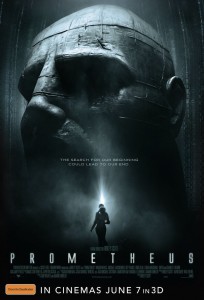 Fox has sent us this exclusive Q & A by Joe Utichi (www.joeutichi.com) with rising star Logan Marshall-Green, star of Ridley Scott’s upcoming return to sci-fi, PROMETHEUS.
Fox has sent us this exclusive Q & A by Joe Utichi (www.joeutichi.com) with rising star Logan Marshall-Green, star of Ridley Scott’s upcoming return to sci-fi, PROMETHEUS.

